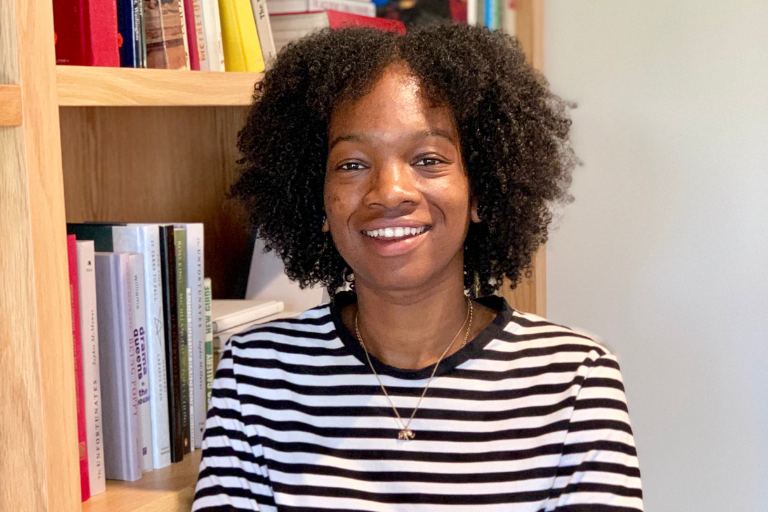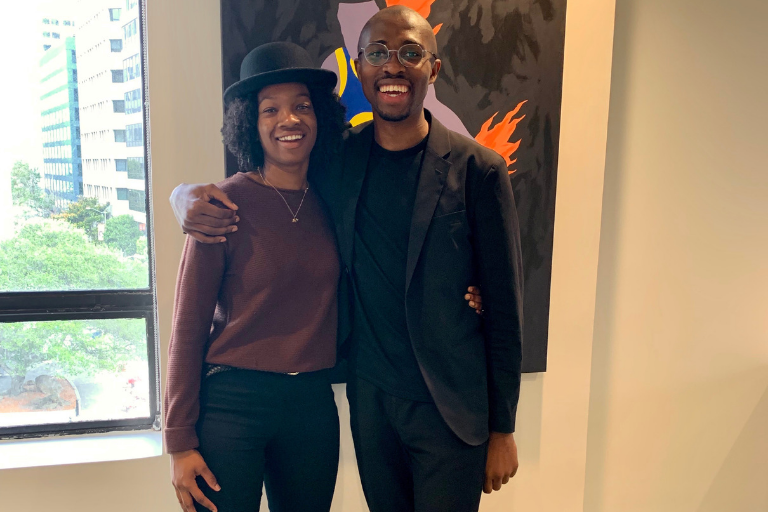Robyn Adams, a Ph.D student at MSU, co-hosts a panel with passion and motivation to help other students succeed
Broadcasted live on June 26 from Oakland, Calif., a student and a CEO discussed the differences between mentoring in industry and academia.
The panel was the result of a long-standing friendship between the two leaders. Robyn Adams roams the ComArtSci building. Tim Salau is the CEO of Guide, an app that lets high school students learn essential life skills from different influencers. They partnered up with WeWork, an office design company, in order to voice their tips and tricks on establishing equal mentor-mentee relationships in the workplace and classroom.
Mentoring has played a huge role in Adams’ academic career.
“Had it not been for my mentoring relationships, I probably wouldn’t have made it this far.” Adams said. “If I didn’t have people interested in mentoring me and cultivating my educational experience, and my talents and gives, I wouldn’t have had the support system.”
Adams hoped to spread some of that knowledge so that she can help educate those who may not have those same support systems. Identifying as a black queer woman, she understands what it means to have a mentor. To her, having that connection is vital.
“I wanted to make sure I’m providing people with the same opportunity to access I have,” she said.” One of the ways you can do that is by having [students] understand what it means to build healthy relationships, mentoring relationships and support systems that can get them to this point.”

The panel, which lasted a span of four hours, covered three main topics: the evolution of mentors, bidirectional communication between mentors and mentees, and combating a concept known as imposter syndrome.
"Imposter syndrome can inhibit our ability to seek and sustain mentor relationships,” said Adams. “It is important for both the mentee and mentor to affirm themselves and each other throughout the mentoring process."
Salau and Adams’ emphasis on bidirectional communication came about due to the imbalance Adams noticed in value in the workplace. Expanding this communication and improving it also improves communications between mentors and mentees, according to Adams. This leads to an evolution in mentorship.
“Today's workplace (both academic and industry) requires workers to be multi-skilled and faceted. Mentors should be the same,” said Adams.“Today's mentors should strive not only to fill the position of a mentor but a sponsor too. A sponsor is someone who is willing to utilize their leverage to propel their mentee.”
Advancing her own career and her efforts to enhance mentorship, Adams officially accepted the position of chief academic officer in Salau’s Guide. Her work will involve sustaining the success of students in academic spaces, ranging from the high school classroom to university lecture halls. She hopes to continue bridging the gap between academic and industrial spaces.
By John Castro
